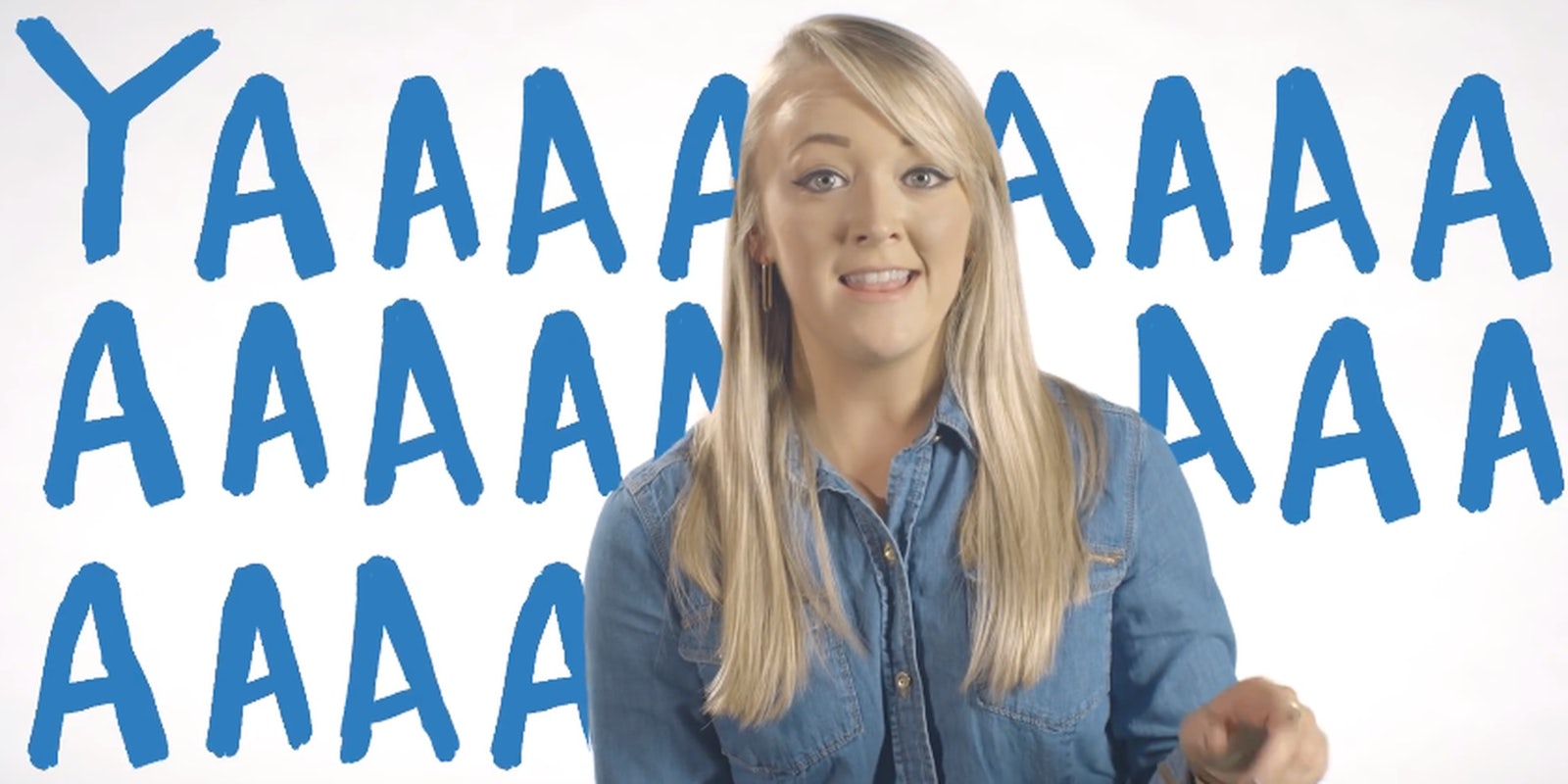If someone asks you what you mean when you say you’ve “got the feels,” you can helpfully point them to Dictionary.com, which included the term in an update of new words this month.
For its November 2015 additions, which include terms like “Yaaas,” ” Feels,” and “On Fleek,” the site realized that some modern terms were better explained in video form. So the site rolled out a series of YouTube videos featuring Web stars explaining exactly what these new entries mean.
Not all the words are totally new. “Yaaas” entered the discourse two years ago because of an Instagram post celebrating Lady Gaga and has gone on to inform all sorts of excitement and memes. “Feels” is a longstanding fandom term for emotion about a character or event. “Facepalm” has a storied history in the fandom lexicon as well, as do most of the other words that Dictionary.com added.
But such is the process of lexicography, or the creation of dictionaries. Words need to reach a certain status before the gatekeepers decide to anoint them as “real” words primed for definition. Thanks to the Internet, however, we have even more robust way to define them, like these videos.
Dictionary.com has been available since 1995, and in 2004 the site acquired Random House Unabridged Dictionary, using that as the foundation for its online resource. But Dictionary.com’s decisions about what to include don’t constitute the be-all, end-all of the English language.
Every dictionary is just a function of its creator, and thus every one has different requirements for admitting new words. Other dictionaries, like the Oxford English Dictionary, have yet to include words like “on fleek,” although with its most recent update in September, the OED did include terms like “hoverboard” and the phrase “do you feel me?”
Definitions are definitely in the ear of the beholder, but you can at least feel a little more legit throwing around “Yaaas” now that it has this linguistic backing.
Screengrab via Dictionary.com/YouTube


